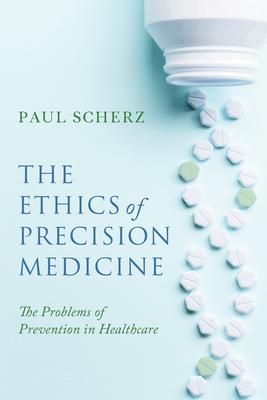Paul Scherz explores the ethical challenges raised by precision medicine and its focus on medical risk as opposed to current disease.
Genetic technologies and artificial intelligence are rapidly changing the landscape of medical practice and patient care. In the emerging field of precision medicine, a patient's risk factors--especially genetic risk factors--are incorporated into an all-encompassing plan to prevent future disease. But identifying at-risk individuals through technologies such as wearable devices and direct-to-consumer genetic sequencing can undermine the overall experience of health. The potential for overdiagnosis and overtreatment grows as patients are prescribed medications and receive prophylactic surgeries that carry inherent risks. Also, as the medical industry shifts its attention from individuals to trends in the general population, the one-to-one practitioner-patient relationship becomes strained.
Using the lens of virtue ethics and theological bioethics, The Ethics of Precision Medicine offers suggestions for better implementing precision medicine to treat those currently suffering from or at high risk of disease, while also recognizing that effectively preventing disease depends, ultimately, on addressing the social determinants of health. The book provides a new perspective on the problems of contemporary healthcare, proposing practical steps that individuals and institutions can take to ensure that the advanced technologies of precision medicine can be used to promote human flourishing.
